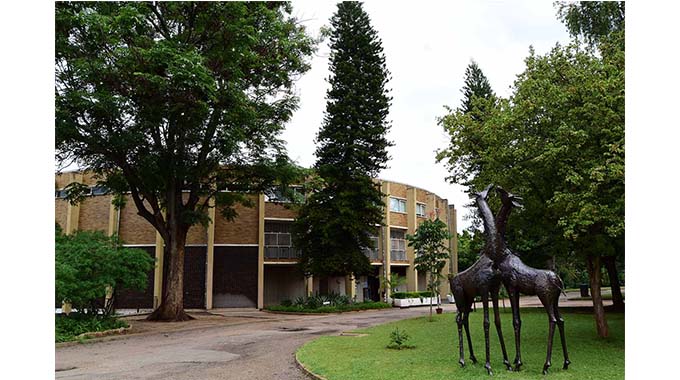Constrained second-hand clothing trading bolsters established firms

Oliver Kazunga, Senior Business Reporter
FORMAL market clothing retailers are taking advantage of the constrained second-hand clothing trading under Covid-19 restrictions to re-claim a larger market share.
Cheap second hand clothing, mainly imported from outside the country, is a common phenomenon in Zimbabwe and has in recent years become a big competition to formal business. The dealers normally display their products on streets and pavements where they largely cater for the low-income market.
In a trading update for the period ended for the six months ended July 5, clothing manufacturer and retail giant, Edgars Group, which owns business units like Jet Stores and its manufacturing unit, Carousel, said trading in second hand clothes, was likely to remain subdued due to Covid-19.
“The chain anticipates that the second hand clothing market will remain constrained due to Covid-19, further positioning Jet to capture market share,” said the group.
Confederation of Zimbabwe Retailers president, Mr Denford Mutashu also concurred saying Covid-19 had heavily impacted negatively on the informal clothing retail sector, forcing some entrepreneurs to close shop. Others have since shifted operations to their homes.
“The informal clothing retailers have suffered while others closed shop due to continued lockdown as Covid-19 restrictions demanded strict-guidelines to manage the spread,” he said. Mr Mutashu, however, pointed out that established clothing businesses were equally affected by the lockdown, especially those that depend on imported products as they were failing to restock.
“The formal retail stores are affected by failure to restock as borders remain closed for non-essentials. Source countries where most clothing apparels are ordered effected restrictions that have seen most shops relying on online orders. The flip side on online orders on fiscus is the impossibility to escape duty payment,” he said.
Clothing and Textile Manufacturers Association chairman, Mr Jeremy Youmans, could not be reached for comment.
Meanwhile, during the second quarter, Jet customers continued to favour transacting in cash and thus cash sales contributed 91,1 percent and credit sales 8,9 percent of total sales. “Unit sales were down 46 percent for the period to date against 2019.”
At Carousel, unit sales were up five percent for the period to date compared to 2019 spurred by production of face masks.
“Carousel has benefitted from the introduction of the foreign currency auction through access to foreign currency for importation of fabric and machinery for retooling,” said the group. Year to date turnover for the trading period under review declined 43 percent compared to the same period last year in hyper-inflation adjusted terms, affected mainly by the Covid-19 induced lockdown, which saw all the group’s stores closed in April.
“Units sold for the period to June declined from 1,6 million to 963 000 compared to same period last year. Retail inventory as at the end of June 2020 declined seven percent further from March levels.
“With improved access to foreign currency from sales and the foreign currency auction, retail chains can now improve on merchandise assortments.” — @okazunga









Comments